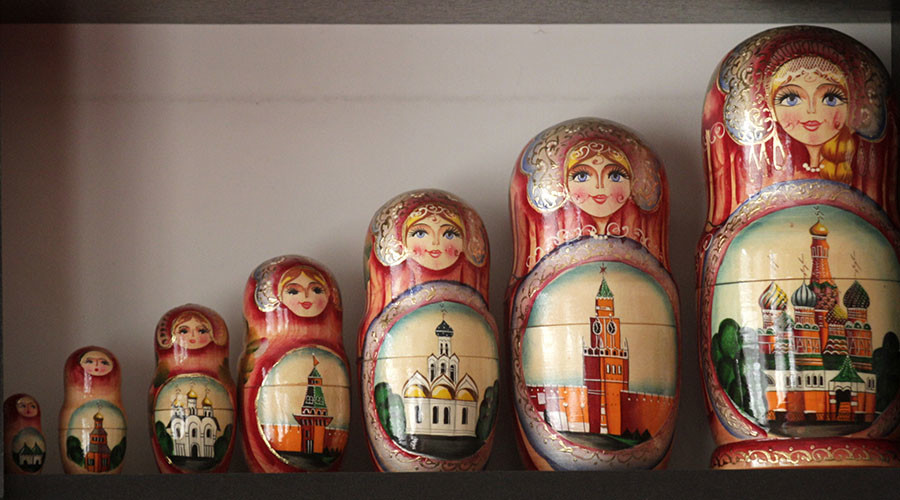Russia and Brazil received the highest marks in Bloomberg’s survey of emerging markets, as investors predict key rate cuts, surging local currencies, and higher carry trade returns.
In a survey of 16 investors and analysts, the countries received the best marks in currencies’ and bonds’ outlook, while China and Turkey were the least favored.
“Countries that represent improving fundamentals and offer high carry are likely to outperform, especially if they are still in the process of cutting interest rates,” Jens Nystedt, a money manager at Morgan Stanley Investment Management overseeing $417 billion in assets told Bloomberg.
“Asia, given its lower yields and reflecting increased trade tension, remains vulnerable to higher global interest rates, with China explicitly trying to tighten monetary conditions,” Nystedt added.
Carry trade is a strategy that involves borrowing at a low interest rate, usually in the developed economies and re-investing in an asset that provides a higher rate of return, in this case, the emerging markets.
The polled investors, including those from BNP Paribas, Morgan Stanley, and Standard Chartered, expect the Russian ruble to continue appreciating, while the Central Bank is ready to continue slashing the key rate from the current 10 percent per annum. Russia also has the lowest US Fed impact on fund flows, while political risks are among the lowest, investors noted.
The losers in the ratings are China and Turkey. The investors are bearish about Chinese bonds and the yuan, while Turkey’s economy is expected to be the weakest among the emerging economies, while political risks remain strongest.
Last week, consulting firm PricewaterhouseCoopers (PwC) predicted the emerging economies will dominate the world by 2050 based on their projected Gross Domestic Product by Purchasing Power Parity (PPP). China and India have been predicted to become bigger than the United States, while Russia is forecast to become the number one economy in Europe.
